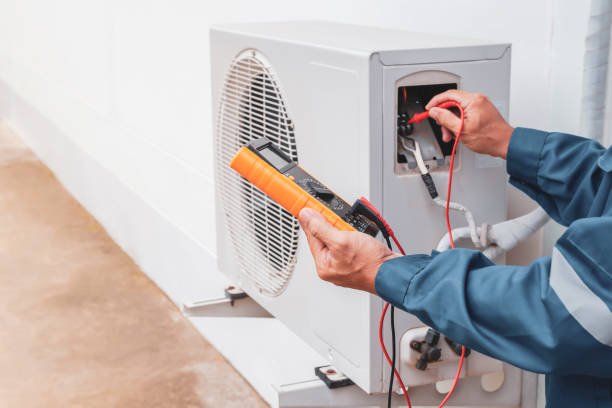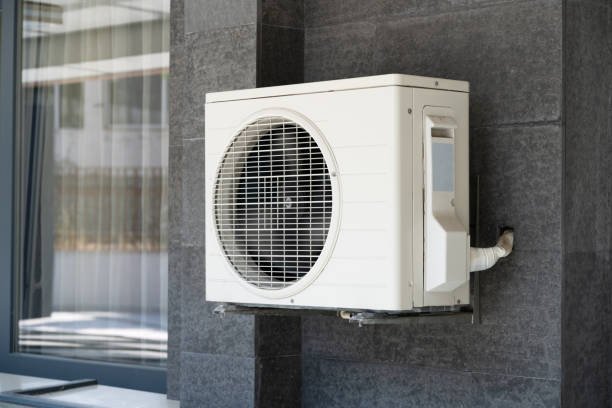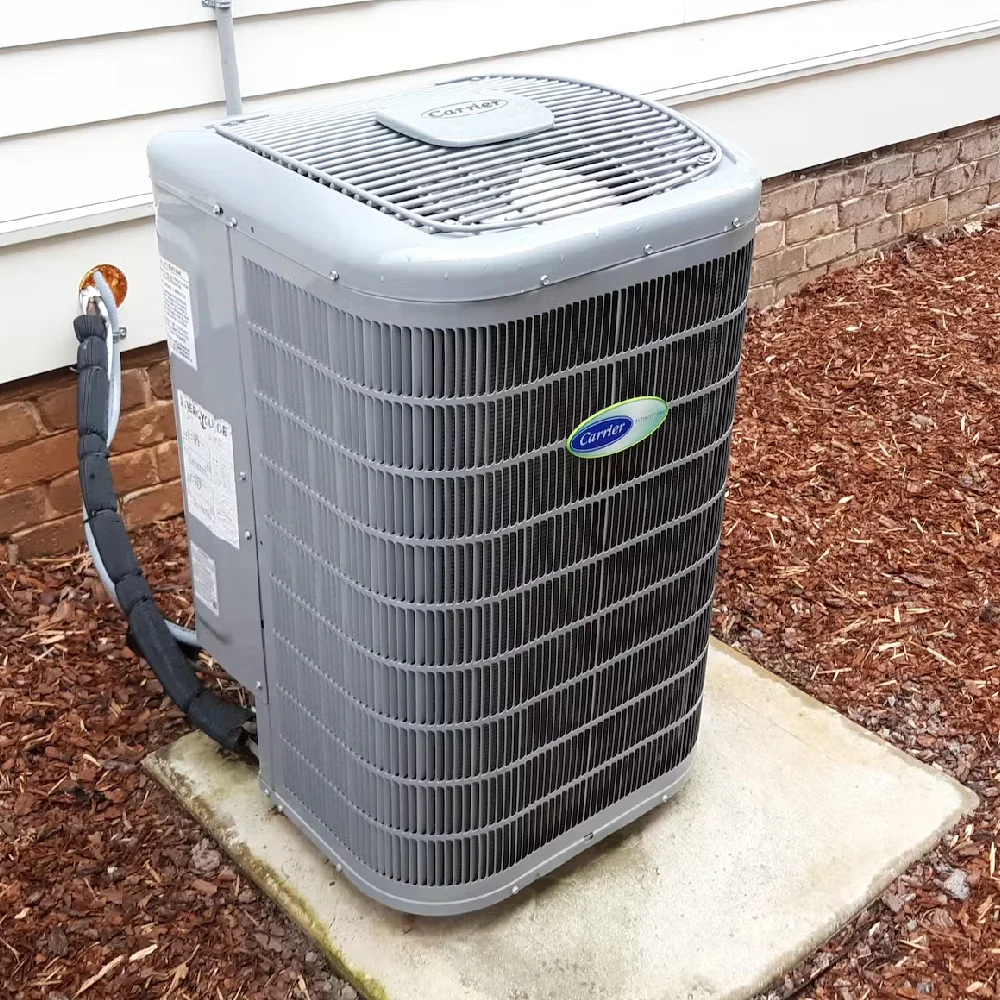
Should You Repair or Replace a 10-Year-Old Air Conditioner?
Introduction
When the sweltering summer heat hits, having a functional air conditioner is crucial for comfort. If your air conditioning unit is about a decade old, you may find yourself pondering a pressing question: Should you repair or replace a 10-year-old air conditioner? This decision can significantly impact your home’s comfort and energy consumption.
In this comprehensive article, we will explore the factors influencing whether to repair or replace an aging air conditioning system. We'll delve into the costs associated with repairs and replacements, energy efficiency considerations, and the long-term benefits of each option. By the end of this article, you'll be equipped with the knowledge necessary to make an informed decision and potentially save money on air conditioner service.
Understanding Air Conditioners
What Is an Air Conditioner?
An air conditioner is a complex machine designed to regulate indoor temperature by removing heat and humidity from the air. Most residential systems use refrigerants to absorb heat from inside your home and release it outside. This process not only cools your living space but also improves indoor air quality.
Types of Air Conditioners
There are various types of air conditioning systems:
- Central Air Conditioning: Ideal for larger homes. It distributes cooled air through ducts.
- Window Units: Suitable for individual rooms; they are less expensive but provide limited cooling.
- Ductless Mini-Splits: An efficient option for homes without ductwork.
- Portable AC Units: Easy to move around but generally less powerful.
Each type has its pros and cons, impacting your choice regarding repair or replacement.
The Lifespan of an Air Conditioner
How Long Should an Air Conditioner Last?
Typically, you can expect an air conditioning unit to last between 10 to 15 years. Factors like usage frequency, maintenance, and local climate can affect longevity.
Signs Your AC Is Aging
As your unit ages, it may show signs that it's nearing the end of its life cycle:
If you're experiencing these issues with your 10-year-old system, it might be time to consider your options.
Should You Repair or Replace a 10-Year-Old Air Conditioner?
This pivotal question can be influenced by several factors:
Cost of Repairs vs. Replacement
One of the primary considerations when deciding whether to repair or replace is cost:
| Factor | Repair Cost Estimate | Replacement Cost Estimate | |------------------------------|---------------------|---------------------------| | Minor Repairs (e.g., Thermostat) | $100 - $300 | N/A | | Major Repairs (e.g., Compressor) | $500 - $1,500 | N/A | | Full System Replacement | N/A | $3,000 - $7,000 |
Note: Prices vary based on location and specific circumstances.
Energy Efficiency Considerations
Modern air conditioning units are significantly more energy-efficient than those manufactured ten years ago. Replacing an outdated model view can lead to substantial savings on utility bills over time.
SEER Ratings Explained
The Seasonal Energy Efficiency Ratio (SEER) measures Click for more how efficiently an AC operates over a typical cooling season:
- A SEER rating below 13 is considered inefficient by today’s standards.
- Newer models often have SEER ratings above 20.
Investing in a new unit could yield lower energy bills and greater comfort.

Expert Opinions on Repair vs. Replacement
When faced with this dilemma, consulting HVAC professionals is invaluable. They can assess your system's current condition and provide insight tailored to your specific situation.

Benefits of Professional Consultation
Common Problems in Older Air Conditioners
Frequent Breakdowns
Aging AC units tend to suffer more frequent failures due to wear and tear on components like capacitors and compressors.
Refrigerant Leaks
Older systems may develop refrigerant leaks which not only reduce efficiency but can also be harmful to the environment.
Electrical Issues
As components age, electrical connections may become less reliable—leading to potential safety hazards if not addressed promptly.
Maintenance Matters: Keeping Your AC Running Smoothly
Regular maintenance can extend your unit's lifespan significantly while improving performance:
Scheduled Maintenance Service Benefits
Consider searching for “ air conditioner service near me” for local maintenance providers who can help keep your system in optimal condition!
When Is It Time for AC Replacement?
While repairs might seem appealing initially, there are scenarios where replacement becomes necessary:
High Repair Costs Relative to Unit Age
If repair costs approach half the price of a new system—and especially if your unit is over ten years old—it’s wise to consider replacement as a financially savvy option.
Long-Term Financial Considerations
A replacement might have upfront costs but could save you money in several ways:
Make sure you research potential “ AC installation near me” options that could include energy efficiency incentives!
Environmental Impact Considerations
Older units typically utilize refrigerants that contribute significantly more greenhouse gases compared to modern systems designed with environmentally friendly refrigerants in mind.
Choosing Eco-Friendly Options
When selecting a new AC unit, consult professionals about environmentally friendly models that comply with regulations aimed at reducing environmental impact—this ties back into considering "HVAC services" that prioritize sustainability!
FAQs About Repairing vs Replacing Your AC Unit
- If repairs are minimal compared to replacement costs and efficiency isn’t compromised.
- Expect anywhere from $3,000-$7,000 depending on size and installation complexity.
- While DIY installations might seem tempting, professional installation ensures safety and warranty compliance.
- Many HVAC companies offer financing plans; check local providers for details.
- Look for licensed technicians with positive reviews; ask about warranties offered on both parts and labor.
- Annual servicing is recommended before peak seasons begin—spring for cooling systems!
Conclusion
Deciding whether you should repair or replace a 10-year-old air conditioner involves assessing several critical factors such as cost-effectiveness, energy efficiency, environmental impact, and overall comfort needs within your home environment.

As technology advances rapidly in HVAC solutions offering improved efficiency ratings alongside enhanced features—taking action sooner rather than later may save not only money but also frustration during those hot summer months!
Remember, consulting reputable HVAC services will provide clarity tailored specifically towards making this challenging decision easier while ensuring you're armed with all relevant information when approaching "ac repair" versus "ac installation."
Now that you've explored all these aspects comprehensively—what's holding you back from reaching out today?